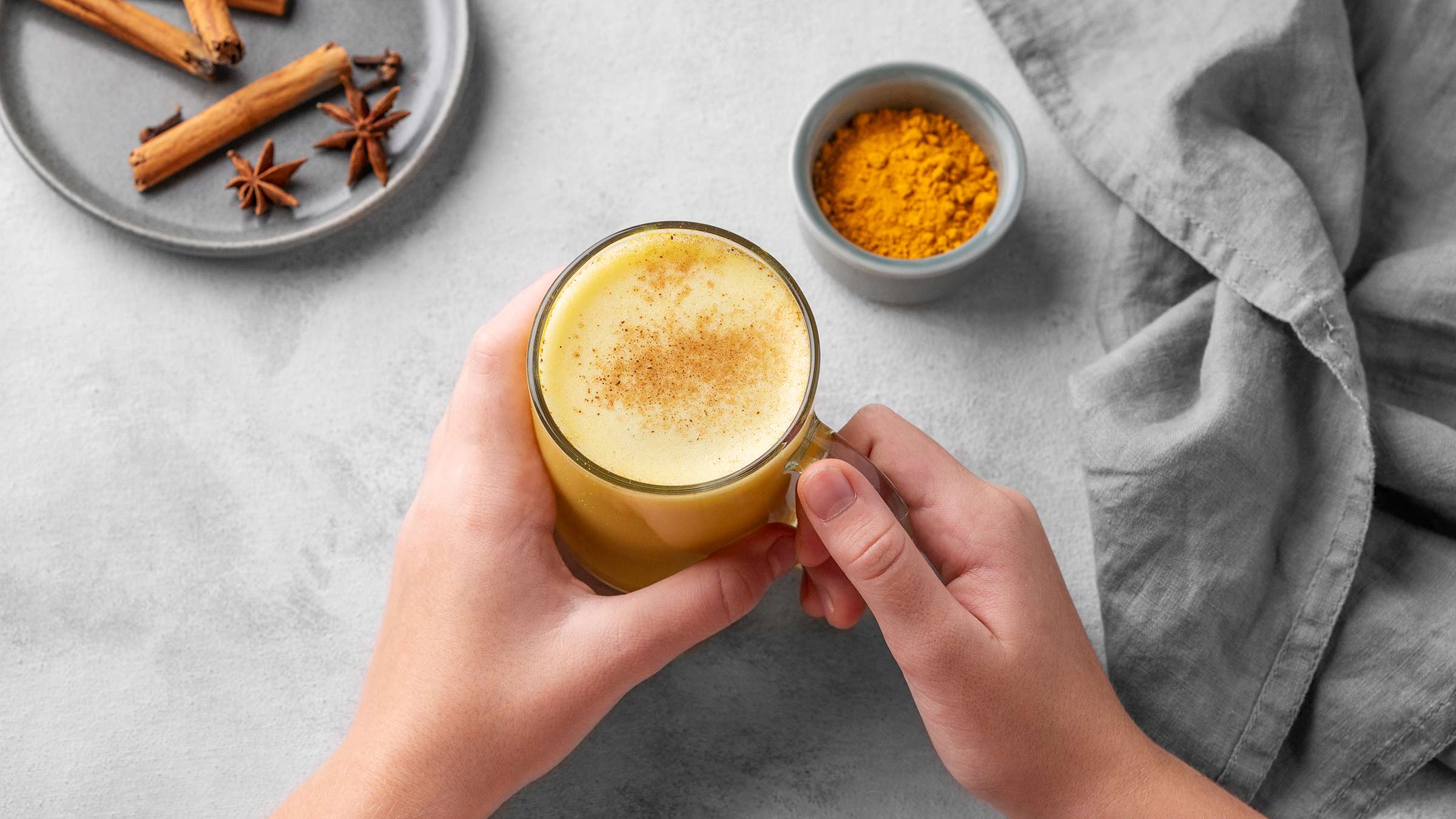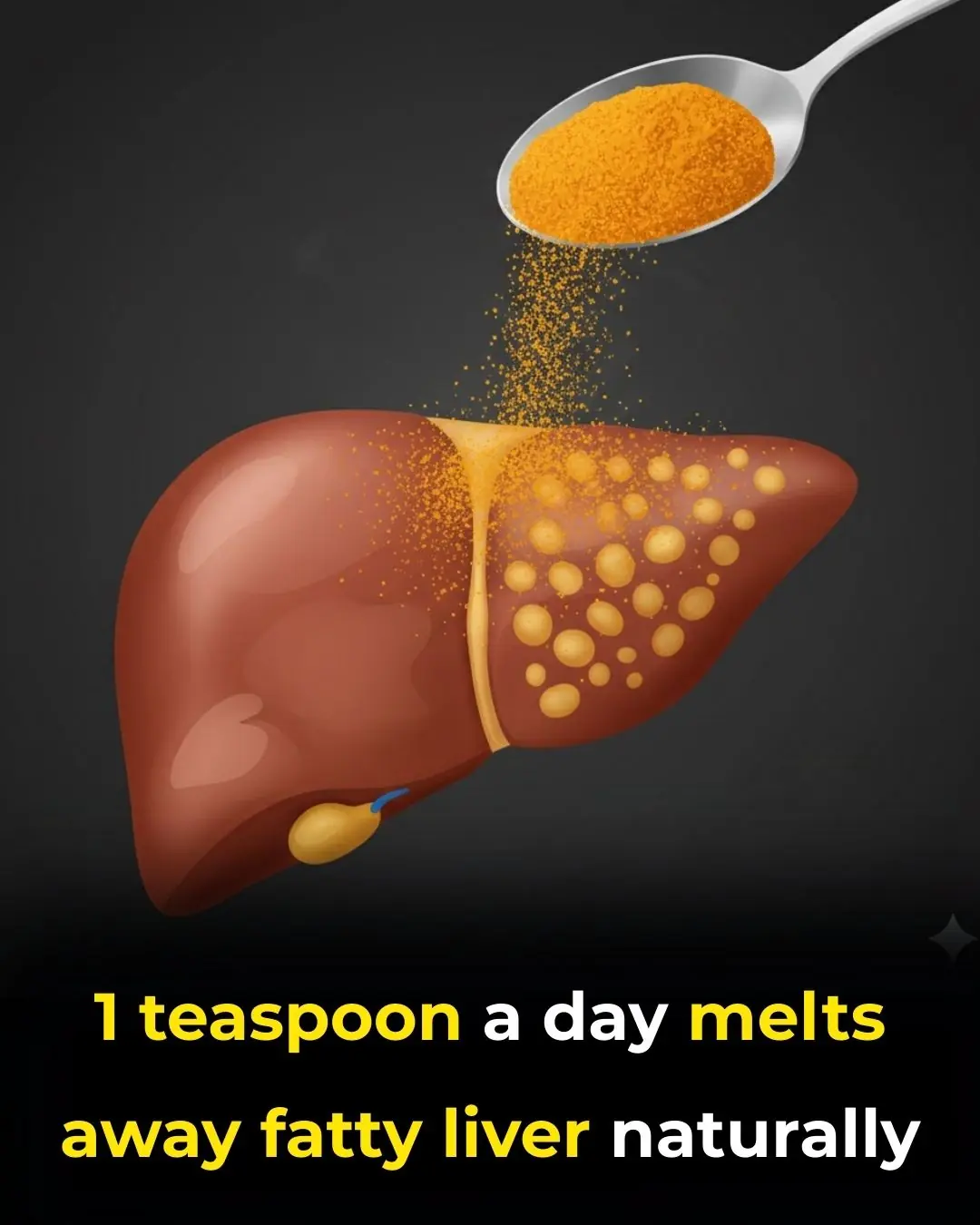
Medicinal Health Benefits of Turmeric, Curcumin and Turmeric Tea Based on Science
Medicinal Health Benefits of Turmeric, Curcumin and Turmeric Tea Based on Science
Turmeric, often called the "Golden Spice," is much more than a vibrant seasoning. It's a root herb with a long history in traditional medicine, revered for its remarkable antioxidant, antimicrobial, and anti-inflammatory properties. At the heart of turmeric's power is a compound called curcumin, a polyphenol that is responsible for most of its medicinal benefits. Scientific research has increasingly validated what ancient cultures have known for centuries, linking curcumin to improvements in heart health, digestive function, and even mood.
While turmeric itself contains only about 3% curcumin, this potent compound can be found in a more concentrated form in supplements. To maximize its effects, it's crucial to consume it with black pepper or piperine, as this can increase curcumin absorption by an astonishing 2,000%. By incorporating turmeric into your diet or taking high-quality supplements, you can harness its impressive therapeutic potential.
:max_bytes(150000):strip_icc()/Turmeric-5695680aef1749ed902641d98247f87b.jpg)
Curcumin's Anti-Inflammatory and Pain-Relieving Power
Chronic inflammation is a silent threat and a root cause of many modern diseases, including heart disease, diabetes, and certain cancers. One of the most significant benefits of curcumin is its ability to combat this inflammation. It works by inhibiting specific molecules that play a key role in the inflammatory process.
-
A Natural Painkiller: Curcumin's anti-inflammatory effects translate directly into pain relief. Studies have shown it can effectively manage both acute and chronic pain, including post-operative discomfort and the nerve pain associated with diabetes.
-
Alleviates Arthritis Symptoms: For those suffering from arthritis and joint pain, curcumin supplements can be a game-changer. Research indicates that curcumin is as effective as some nonsteroidal anti-inflammatory drugs (NSAIDs) like ibuprofen in reducing pain and inflammation, but without the negative side effects. A systematic review of clinical trials found that taking 1,000 mg of curcumin daily provided significant relief for arthritis sufferers.
Cardiovascular Health and Brain Function
Curcumin offers a powerful one-two punch for protecting your heart and brain, two of the body's most vital organs.
-
Heart Health: This golden compound benefits the cardiovascular system in multiple ways. It helps lower bad (LDL) cholesterol and blood pressure, prevents blood clotting, and improves the function of the vascular system. Its anti-inflammatory properties also protect your heart from damage caused by chronic inflammation.
-
Cognitive and Mental Boost: Curcumin has a neuroprotective effect, shielding the brain from oxidative stress and inflammation. This can help improve memory, enhance cognitive function, and may even slow the progression of degenerative diseases like Alzheimer's and Parkinson's. Furthermore, curcumin's antidepressant properties can help lift your mood by increasing levels of dopamine and serotonin in the brain, offering a potential natural alternative for managing depressive symptoms.
Digestive Health, Diabetes, and Weight Management
The benefits of curcumin extend to your metabolic and digestive systems, helping to regulate crucial bodily functions.
-
Supports Digestion: Curcumin can promote overall digestive health by protecting the gastrointestinal system. It has been shown to alleviate symptoms of chronic conditions such as irritable bowel syndrome (IBS) and acid reflux while also helping to heal peptic ulcers.
-
Manages Diabetes: For individuals with diabetes, curcumin can be a valuable supplement. It helps control blood glucose levels, reduces LDL cholesterol, and prevents fat accumulation in the liver—all common complications of diabetes. Clinical trials suggest that even low daily doses can help reduce diabetes-related complications.
-
Aids in Weight Loss: Turmeric has anti-obesity effects. Studies have found that supplementing a weight-loss program with curcumin can lead to significant weight loss, a reduced waistline, and a lower BMI. It works by inhibiting inflammatory responses often found in obese individuals.

Skin, Hair, and Liver Benefits
Curcumin's powerful properties aren't just for internal health; they also offer external benefits for your skin and hair, as well as crucial support for your liver.
-
Healthy Skin: The antioxidant and antimicrobial properties of turmeric make it an excellent topical treatment. Research shows that both oral supplements and topical applications of turmeric can help treat various skin conditions, including acne, psoriasis, and eczema. Applying a turmeric-based paste can also accelerate wound healing by reducing inflammation and promoting collagen production.
-
Liver Support: Turmeric can help protect your liver from damage and support its natural detoxification processes. Curcumin has been shown to increase protective enzymes in the liver and stimulate the production of glutathione, the body's primary antioxidant, which is essential for liver health.
-
Anticancer Potential: While not a cure, a growing body of research suggests curcumin may have significant anticancer properties. In lab trials, it has shown the potential to inhibit tumor growth and prevent the spread of cancer cells, with ongoing research exploring its use in combination with traditional cancer treatments.
How to Make Turmeric Tea and Other Precautions
One of the easiest ways to enjoy the benefits of turmeric is by making a delicious, anti-inflammatory tea at home.
Simple Turmeric Tea Recipe
-
Add 1-2 teaspoons of fresh grated turmeric root or 1/2 teaspoon of turmeric powder to a cup.
-
Fill with boiling water, cover, and let it steep for 5 minutes.
-
Add a pinch of black pepper to increase absorption.
-
Add raw honey and a squeeze of lemon to taste once the tea has cooled down.
Enjoy one to two cups a day to help reduce inflammation and support your overall well-being.
Side Effects and Precautions While generally safe, some individuals should be cautious when using high-dose curcumin supplements:
-
Diabetes: If you are on diabetes medication, consult your doctor, as curcumin can lower blood glucose levels.
-
Pregnancy: Curcumin can stimulate the uterus, so pregnant women should avoid medicinal doses.
-
Blood Clotting: Avoid curcumin supplements if you take blood thinners or have a clotting disorder, as it can increase the risk of bruising or bleeding.
-
Gallstones: If you have gallstones, turmeric supplements can worsen the condition.
-
Iron Deficiency: High doses of curcumin may affect iron absorption, so individuals with an iron deficiency should be mindful of their intake.
News in the same category


I spent a couple of nights at my friend’s previous apartment and saw these unusual bumps

Understanding the Link Between Your Blood Type and Health

10 Unusual Signs Your Blood Sugar Is Constantly Too High

Five Simple Drinks That Help Eliminate Uric Acid and Prevent Gout Flare-Ups

Red and Processed Meat Consumption Increases Cancer Risk, Experts Warn

The Hidden Dangers of Eating Leftover Food Stored Overnight

Two Rare Neurologic Disorders Added to US Newborn Screening Panel

Intensive Long-Distance Running and Colon Health: Emerging Evidence of Increased Risk for Advanced Adenomas

After Many Years of Practice, Doctors Noticed Six Common Morning Habits Among Cancer Patients

Six Foods That May Help Prevent Colorectal Cancer — Especially After Age 45

How to treat nerve pain in the foot, toes & legs

Why Your Legs Cramp At Night And How To Stop It From Happening

1 teaspoon a day melts away fatty liver naturally

Revolutionary science is changing how we treat joint damage.

Don't be fooled by their supposed health benefits; these 3 fruits are secretly damaging your liver

Early signs of stroke should not be ignored, regardless of age

Surprising Health Benefits of Eating Ginger Every Day

Bizarre theories about people who have ‘never broken a bone’

The Cardiovascular Benefits of Pomegranate Juice: Scientific Evidence and Mechanisms
News Post

Mexico Ends Marine Animal Shows and Sparks a Health Centered Conservation Shift

California Turns Irrigation Canals Into Solar Power and Water-Saving Systems

Jesy Nelson's celebrity friends including ex Chris Hughes show support as Little Mix singer reveals twin girls' devastating diagnosis

People with weak kidneys often do these 4 things every day: If you don't stop soon, it can easily damage your kidneys

Get Soft, Pink Lips Naturally: A Simple DIY Scrub for Smoother Lips

Over 60? Waking Up at 2 A.M. Every Night? This One Warm Drink May Help You Sleep Through Till Morning

7 Everyday Foods That Help Maintain Muscle Strength and Stay Active After Age 50

Oregano for Eyes: The Little Leaf That May Protect Your Vision After 40

I spent a couple of nights at my friend’s previous apartment and saw these unusual bumps

The Healing Power of Small Gestures in Hospitals 💧💕

From Coal to Clean: Maryland’s Largest Solar Farm Goes Live 🌞⚡🌿

Understanding the Link Between Your Blood Type and Health

I swear, I didn’t have the faintest clue about this!

Jeff Bezos: “Earth Has No Plan B” — Why Industry May Need to Move Into Space 🌍🚀

Chiefs confirm Patrick Mahomes tore ACL in left knee

Elon Musk Just Became The First Person Ever Worth $600 Billion

From Stage Lights to Ring Lights: Young Thug’s Atlanta Proposal Stuns Fans

Six Georgia Inmates Risk Nothing and Save Sheriff’s Life

Condolences: Angela Yee Shares Her Brother Passed Unexpectedly At 51 After Suffering From An Aneurysm
